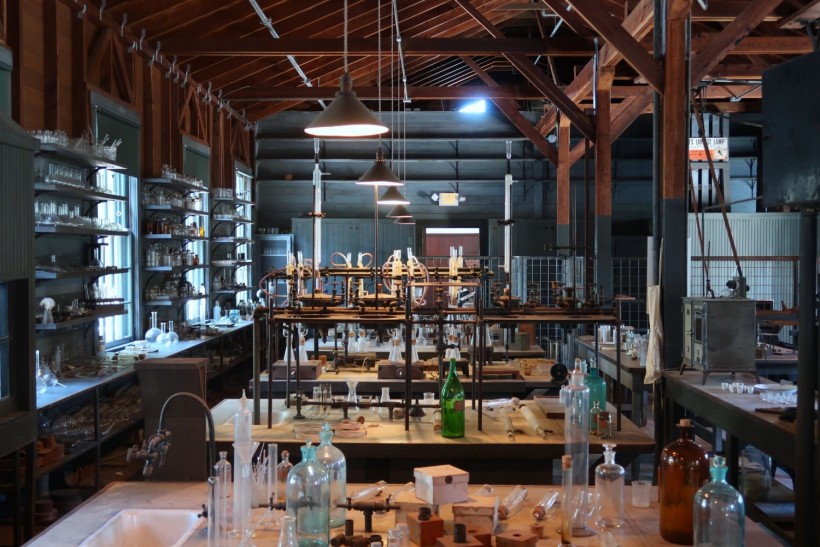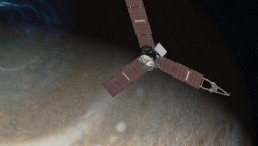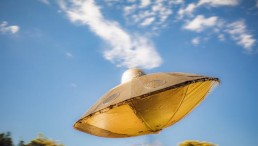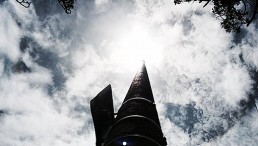San Diego is on fire right now when it comes to the life science sector. Recent reports reveal leases for San Diego lab space have shot up 102% over the past two years. With $6.5 billion of venture and corporate capital pouring into San Diego in 2021, the life science demand shows no indication of slowing down any time soon. However, all life science lab spaces are not created equal. Hughes Marino CEO Jason Hughes says there are five factors to consider while keeping up with the biotech boom.
Act Early
"The landlords in the Golden Triangle, UTC, have started pushing out office tenants from their traditional office buildings to convert them to life science lab-type buildings," Jason Hughes says. "So you're basically shrinking the supply of office buildings."
This is also impacting local companies, according to Hughes.
He and his team advise those seeking lab space to leave at least six months to a year before attempting to occupy that area due to customization needs and the design and construction necessary to convert, renovate, or build that space.
Even before COVID-19, permits for lab space in the city of San Diego took four or more months to procure, and the pandemic has created further delays.
Assess Your Needs, Especially in San Diego
Jason Hughes says the COVID-19 pandemic only increased demand. One report indicates that venture capital funding in the life science sector has more than tripled in the past five years. Jason Hughes and his team offer expert services in pairing businesses in need of lab space with their ideal accommodations. The team suggests compiling a list of requirements and the proper square footage needed, along with lab space. Jason Hughes adds that it's crucial not to underestimate the value of working with a tenant representation firm that truly understands the life science industry. "We represent everything from biotechnology and GMP [good manufacturing practice] manufacturing to medical device and diagnostics as well as testing laboratories and industrial biotech," he says.
Analyze a Game Plan for Finances and Operating Costs
Most lab leases are triple net leases and don't factor in operating expenses. Property taxes, landlord's insurance, and common area maintenance charges are part of this. According to Jason Hughes, this can range from $0.90 to $1.50 per square foot.
Before You Sign, Know What's on the Line
As tenant improvement costs go up due to multiple issues, including demand for space and supply complications, Jason Hughes suggests establishing a firm budget before inking a lease deal and determining a time line on how much and how long funds will be needed.
Keep Track of What Gear Will Be Needed
Whether clients need autoclaves, backup generators, tissue culture rooms, or the availability of a vivarium for animal studies, Jason Hughes says it's vital that potential life science tenants understand all the technical demands to run a lab space effectively.
With offices in San Diego, Los Angeles, Orange County, San Francisco, Walnut Creek, Denver, and Seattle, Jason Hughes says he and his team are eager to match life science companies seeking lab space with their optimal properties.
As more office space continues to be converted into lab space in San Diego and beyond, planning ahead can make all the difference, according to Hughes and his team.
* This is a contributed article and this content does not necessarily represent the views of sciencetimes.com















